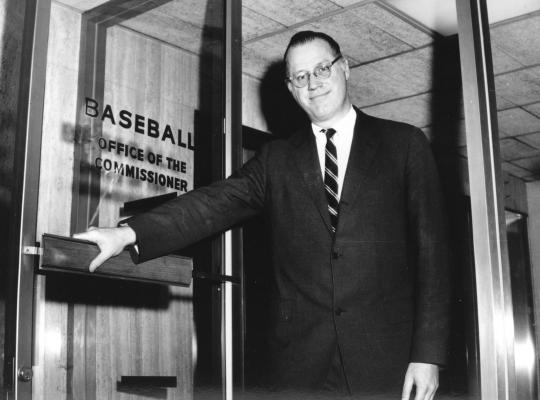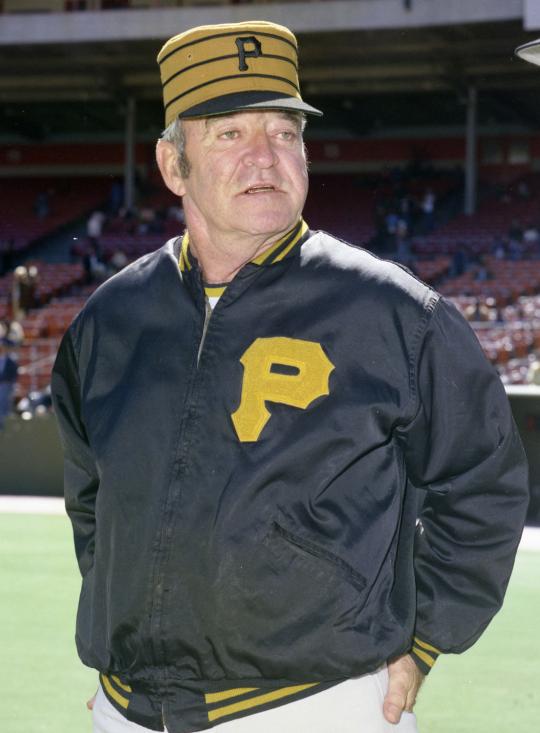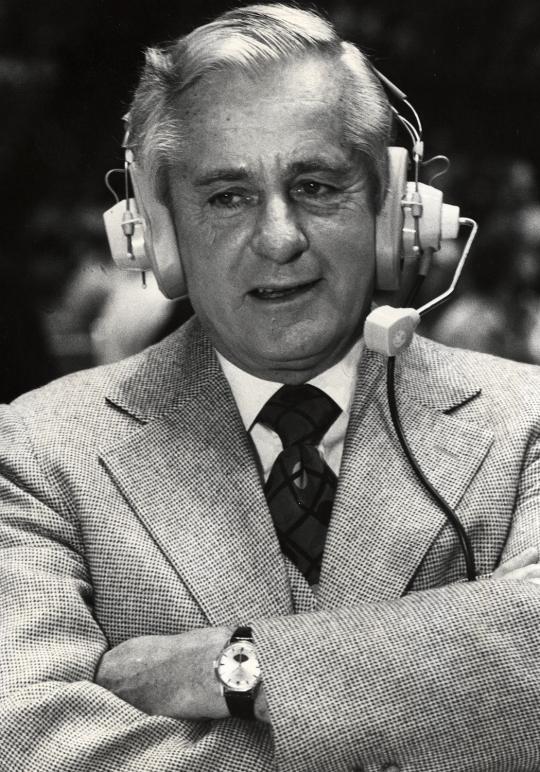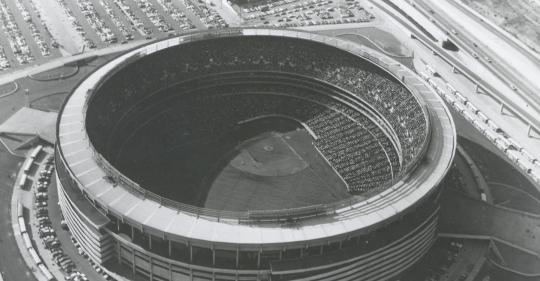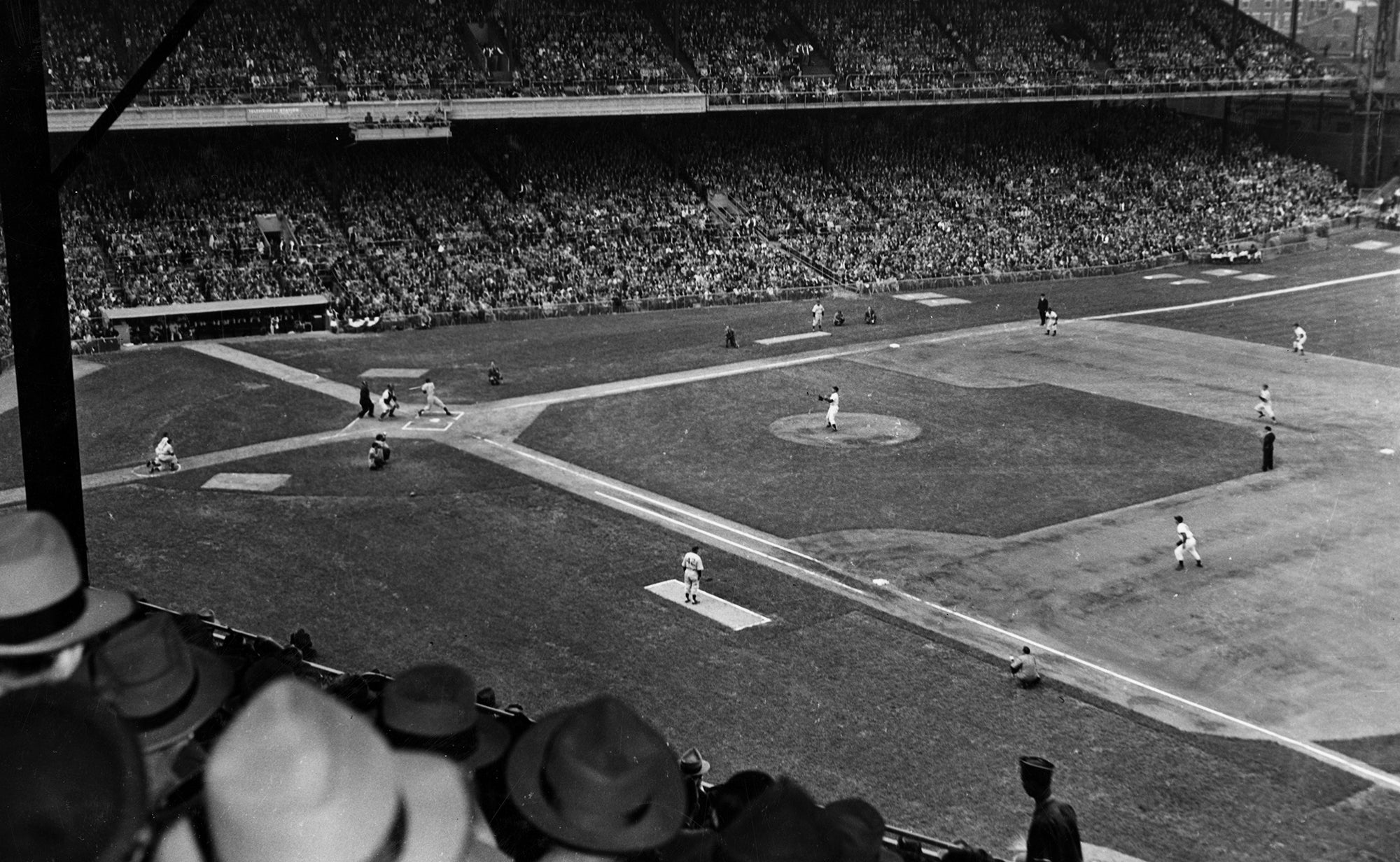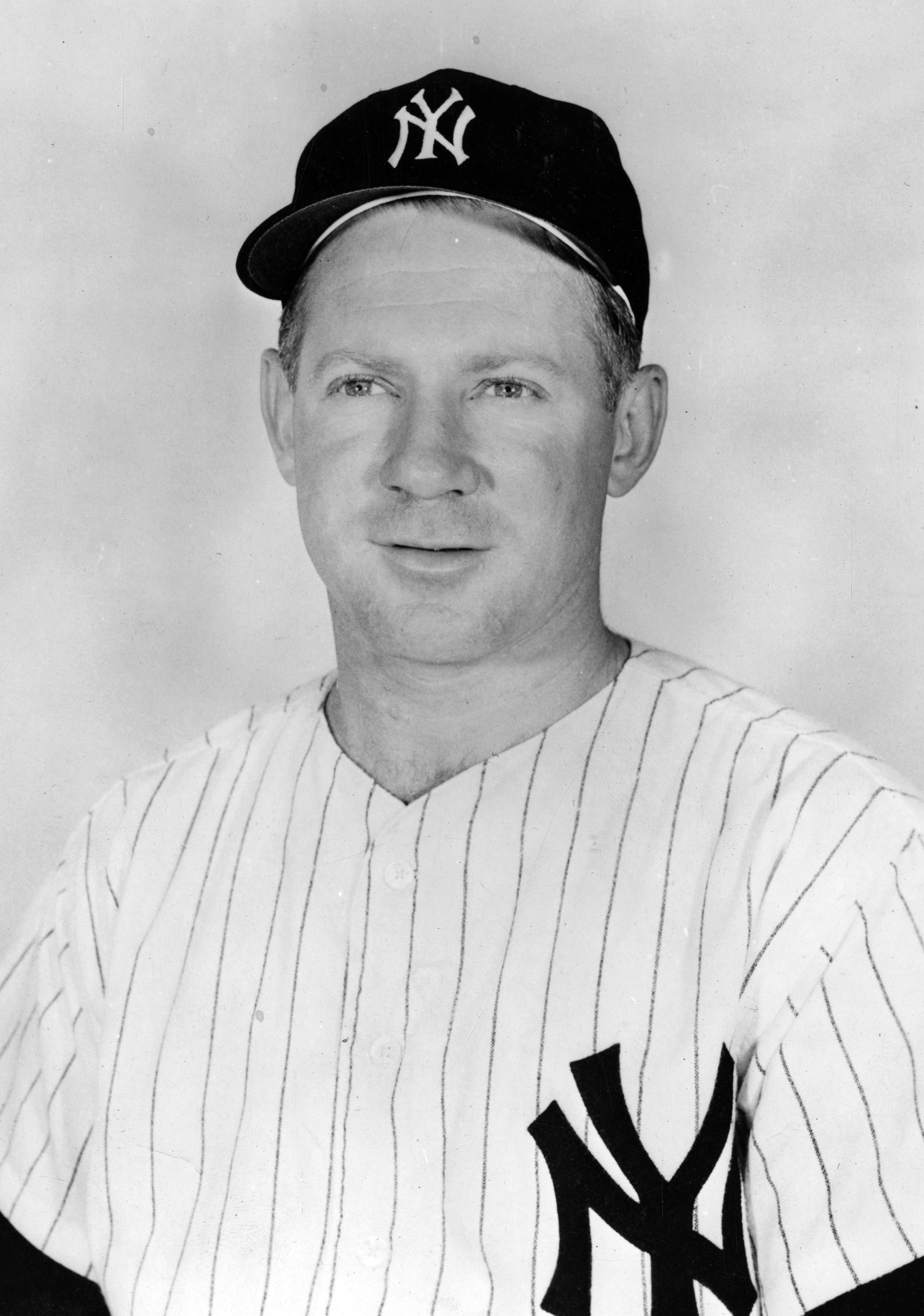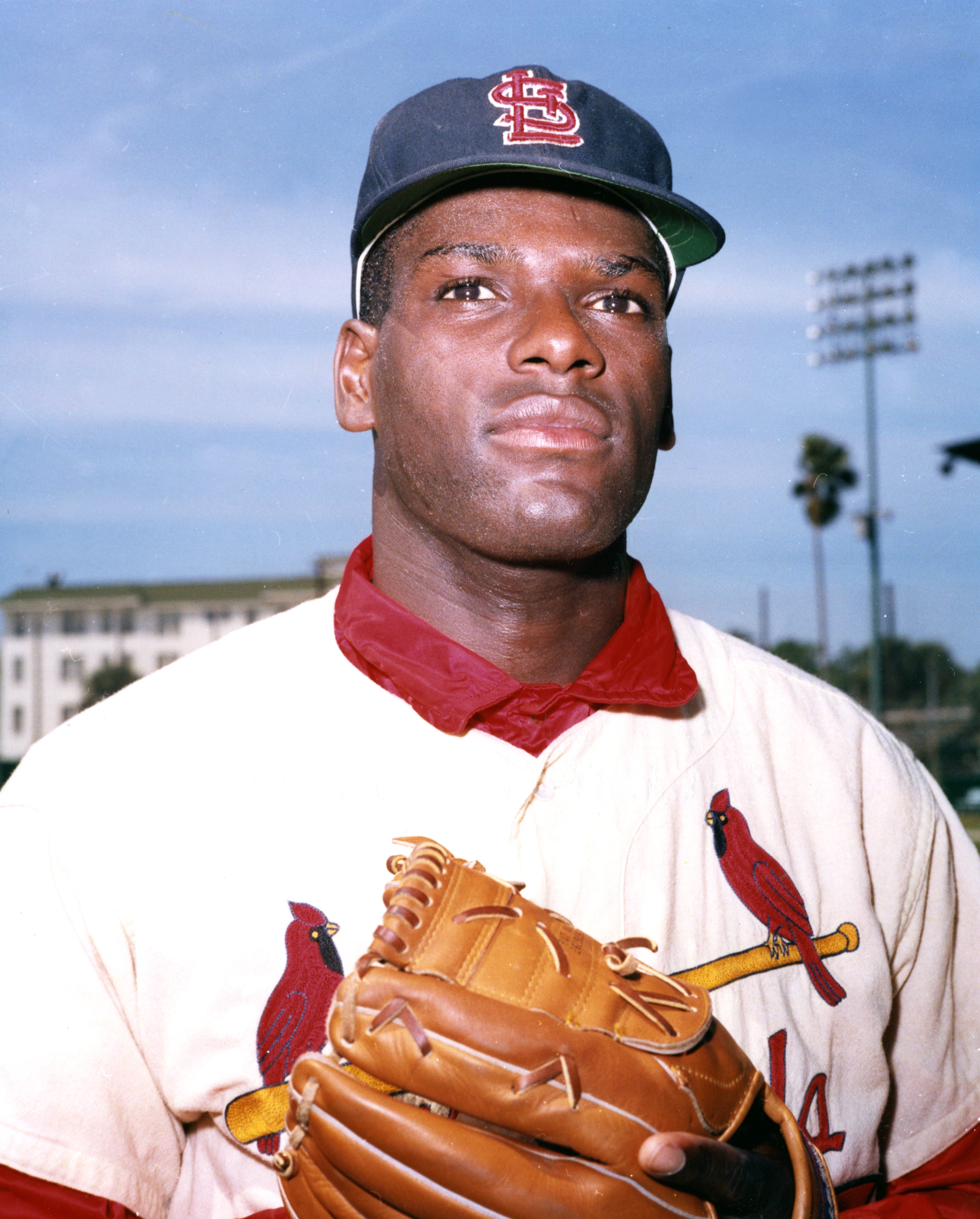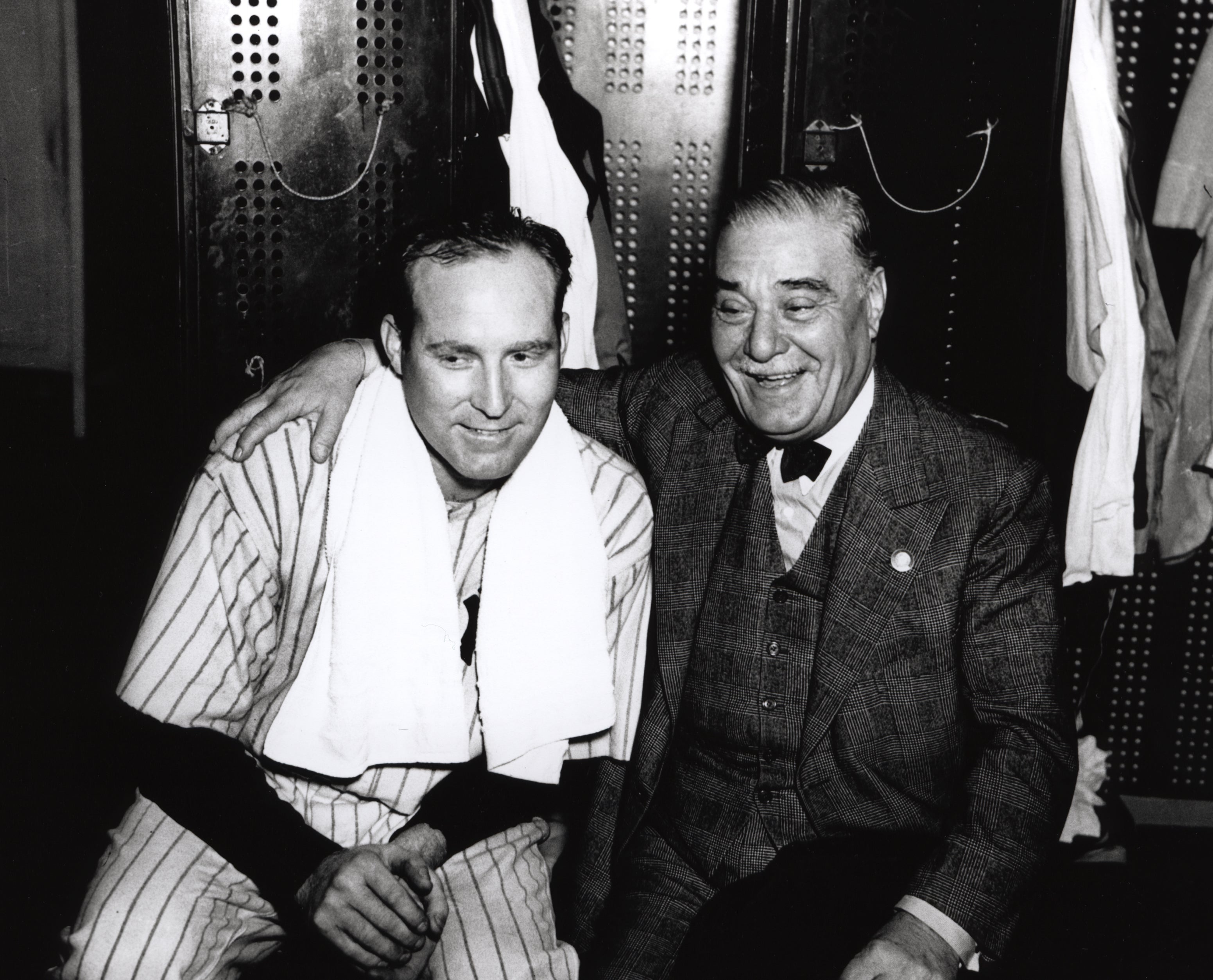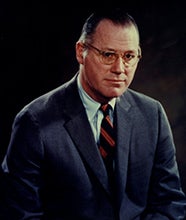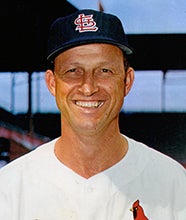- Home
- Our Stories
- A classic under the lights
A classic under the lights
It took seven decades and almost 400 games. But after much debate, the Fall Classic finally saw the light.
To be exact, it was on Oct. 13, 1971, that the National Pastime's grandest, most time-honored event, the World Series, saw for the first time ever one of its contests played at night. The occasion was Game 4 of the 1971 Fall Classic, pitting the visiting Baltimore Orioles against the Pittsburgh Pirates.
Be A Part of Something Greater
There are a few ways our supporters stay involved, from membership and mission support to golf and donor experiences. The greatest moments in baseball history can’t be preserved without your help. Join us today.
While today's fans are accustomed to the sport's signature event being played under the lights, at the time it broke a longstanding tradition worthy of heated discussion. Big league baseball had been played under the lights for more than 35 years. But the lights went out when the game's spotlight was brightest.
The idea of playing a World Series game at night had been considered for years but truly began to gain momentum at Major League Baseball's Winter Meetings held in December 1970. The thought then was to leave the weekend games in the afternoon but shift the weekday afternoon games to the night.
"We have suggested night World Series games to the networks and they are intrigued by it," said then-MLB Commissioner Bowie Kuhn. "Serious consideration is being given to scheduling some of the weekday World Series at night, probably by next October."
What intrigued the networks was the higher television ratings gained when the All-Star Game first shifted from daytime to night in 1967.
And so it came as not much of a surprise when on Jan. 7, 1971, it was announced that for the first time in major league history a World Series game, in this particular case the fourth game of the 1971 Fall Classic, scheduled for Wednesday, Oct. 13, would be played at night. Kuhn announced that the historic game would take place in the park of the National League pennant winner ... unless was the Chicago Cubs. Wrigley Field, at the time, was the only of the 24 big league parks without lights, so in that event, the game would be played in the afternoon.
"This innovation will make it possible for additional millions of fans to see baseball's postseason classic," Kuhn said. "I feel the television audience will be of the same dimension that watched the 1970 All-Star Game from Cincinnati."
The 1970 Midsummer Classic recorded the highest prime time sports audience in history to date, with televisions in an estimated 25,390,000 homes, 54 percent of the potential audience, watching game.
"All of us at NBC feel certain that a World Series game played at night bears witness to the increasing popularity of sports on nighttime television," said Carl Lindemann Jr., vice president of NBC Sports.
With the first World Series night game still months away, on May 6, 1971, the National Broadcasting Company announced the signing of a four-year contract with Major League Baseball for exclusive national coverage of games on television and radio – with the stipulation that starting in 1972 all midweek games of the World Series would be played at night.
After 397 World Series games played in the afternoon, the first contested under the stars in the 68-year history of World Series finally did take place. It attracted 51,378 fans, with ticket prices ranging from $4 for outfield to $15 for box seats, to new Three Rivers Stadium – the largest crowd in Pittsburgh baseball history. Working in the broadcast booth for NBC were Curt Gowdy and Pittsburgh legend Bob Prince.
On this memorable autumn night, warm and clear with a game time temperature of 72 degrees, the buildings in downtown Pittsburgh, known as the Golden Triangle, were aglow with lights from every office window, a sight usually set aside for the Christmas season. Before the game began, the bunting-bedecked ballpark played host to Hall of Famer and ex-Cardinals great Stan Musial, a native of Donora, Pa., who, while standing next to famed singer, actor and part-owner of the Pirates, Bing Crosby, threw out the first ball.
The game saw the Pirates come away with a 4-3 win over the Orioles and even their series at two games apiece. The first ball pitched in the first World Series baseball game played at night – a strike from lefty Luke Walker to Paul Blair – was donated to the National Baseball Hall of Fame and Museum.
The game was highlighted by a pair of 21-year-old Bucs rookies: Bruce Kison pitching 6 1/3 innings of one-hit relief and Milt May driving in the winning run with a seventh-inning pinch hit. Those details can be found in the record books, but what remains noteworthy from this event is its place in the game's evolution.
By 1987 – just 16 years after the first World Series night game – day games disappeared from the Fall Classic landscape.
The results achieved with Game 4 of the 1971 World Series were spectacular: An estimated 63 million viewers, the largest TV audience ever for a prime-time sports telecast. Also, the game had the highest rating in the national Nielsen report for the week ending Oct. 17, upstaging such popular options as All in the Family, Gunsmoke, Hawaii Five-O and Laugh-In, and registering a 34.8 rating (a percentage of the number of TV sets in America) and a 54 audience share (a percentage of the number of TV sets in use during Game 4).
"When I became commissioner in 1969, the policy was to play most of the World Series games on weekdays," Kuhn would say later. "It was a time when most housewives were busy, the children were at school and the men at work. The country's top sports attraction thus was seen by a limited number of people.
"I broached the subject to NBC. They were skeptical and resistant. The World Series comes in the first 13 weeks of the new season for the TV networks. It is a time when they are trying to establish viewer habits. They didn't want to interrupt their regular shows with a one-shot deal like the Series.
"There had been suggestions of night games for the Series – one of the strongest advocates was Charles Finley."
Finley, famous as the owner of the 1970s Oakland A's, had been advocating for night World Series games as far back as the early 1960s.
"We play night baseball all season and then don't even give the loyal fans of our country one night game during the Series," Finley once said. "I am sure I have some support in my suggestions that some of the World Series games be played at night to give the working man a chance to attend and greatly increase the size of the television audience.
"I'm the working man's greatest friend since that guy who invented time-and-a-half."
Bill Francis is the senior research and writing specialist at the National Baseball Hall of Fame and Museum

